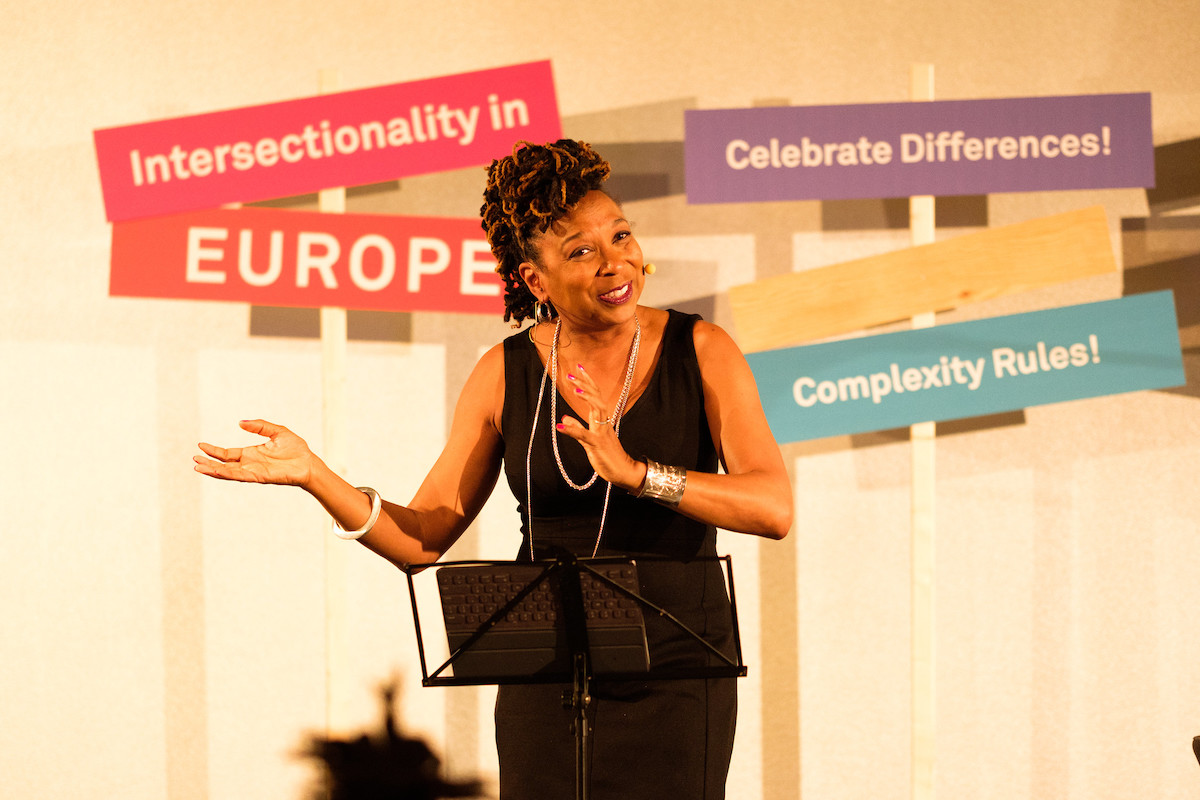Activism
Reflections on Intersectionality
Different forms of suffering cannot easily be quantified and compared.

Inspired by the fallout from a recent Twitter thread posted by Sarah Haider, I’d like to offer some passing thoughts on intersectionality. Originally conceived by Kimberlé Crenshaw as a way of highlighting bias against black women that did not fit neatly into the category of either racism or sexism, intersectionality has since expanded to include oppression based on class, LGBTQ, disability status, and so forth. The basic idea is that when two or more dimensions of oppression coincide in the same person (say, a black woman), she not only faces “double-discrimination” (racism and sexism), but she may also face a third kind of discrimination which is not reducible to the other two. Put simply, oppression is more than the sum of its parts.

Crenshaw’s original intent was narrow. She did not mean for intersectionality to become an all-encompassing thought system with its own epistemology, politics, aesthetics, and more. Indeed she has distanced herself from some of intersectionality’s modern purveyors, criticizing those who see it as a “grand theory of everything.” Nevertheless, that is exactly what it has become. The main problem with intersectionality is that it’s an armchair philosophy. Its purveyors do not look at the social world, gather evidence about it, and formulate theories based on what they see. Instead, they pontificate about the world from a distance.
Intersectionality is the ultimate betrayal of women’s rights.
— Sarah Haider 👾 (@SarahTheHaider) January 10, 2020
IF your feminism is intersectional, it is certainly bullshit.
As a result, intersectionality does not describe the real world very well. It’s not clear, for example, that black women are worse off than black men. Yes, black women are far more likely to suffer domestic violence and rape (two issues that Crenshaw highlighted in her original 1989 paper). But black men are far more likely to suffer incarceration, murder, and suicide. Moreover, black women have closed the social mobility gap with white women, while black men still lag far behind their white counterparts. Going further back in history, it was overwhelmingly black men, rather than women, who were lynched by white mobs in the Jim Crow era.






